The working principle and application scenarios of the speed gate
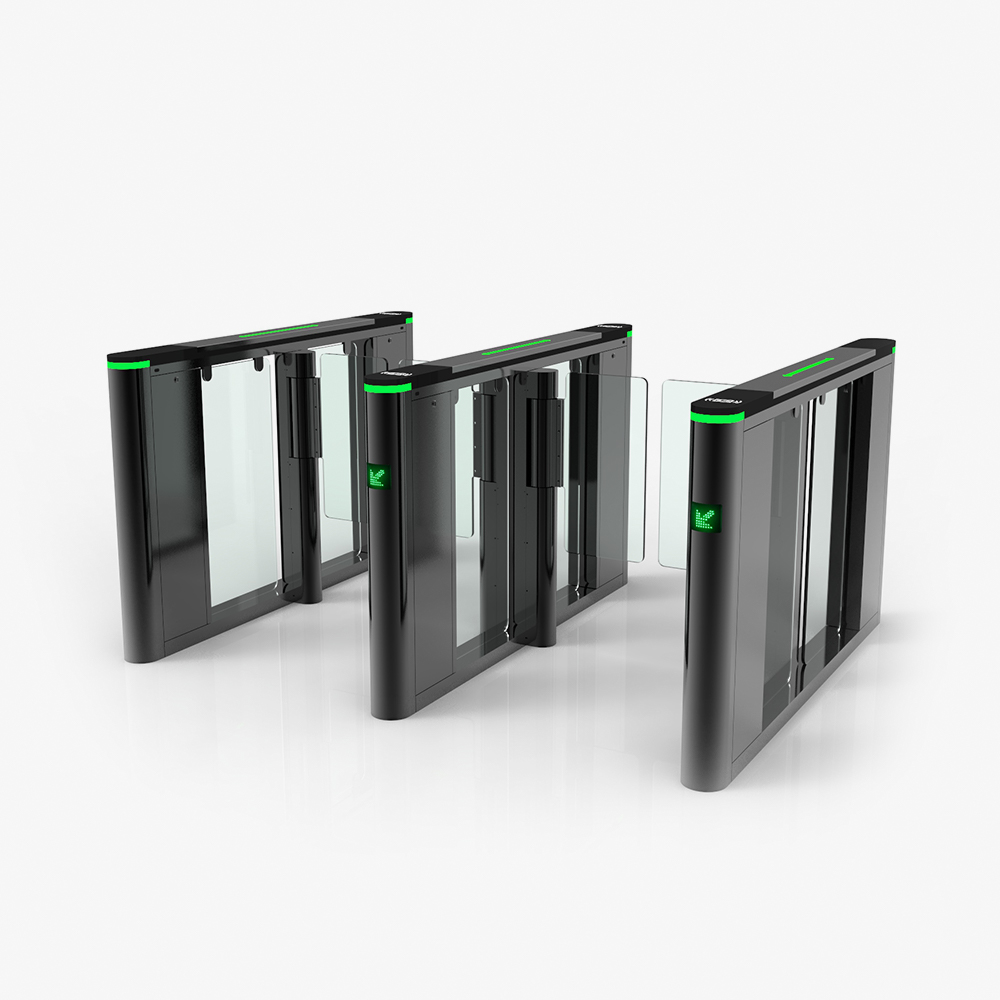
Think about it, every time we enter a large supermarket, do we usually encounter a swinging access control? When we get close to it, the door will open automatically, and when we pass through the back door, it will close automatically. This is the most common standard swing gate. Think about it again, we all have the experience of taking a train or subway. When we enter and exit a train station or subway station, we will also encounter an access control. To pass this access control, we need to swipe a card, ticket, read an ID card or face recognition to open the door machine. This is the speed pass door we are going to talk about this time. The speed pass door is actually an upgraded version of the ordinary swing gate. In addition to being able to open the door by human body sensing, it mainly has multiple verification methods such as swiping a card, Bluetooth, face recognition, and identity recognition. It also adds various intelligent functions such as anti-pinch, anti-tailgating, and anti-collision to meet users' higher needs. For the speed pass door, today we will talk about its working principle and application scenarios.
1. Working principle of the speed gate
1. The speed gate is mainly composed of a motor, a door machine, a sensor, an alarm, a verification system, an anti-pinch system, a card reader, an infrared device, a face recognition device, etc. The door machine is driven and controlled by the motor. It automatically opens and closes according to the sensor recognition signal. The verification method and the door opening and closing time can be set through the system software. When the personnel are successfully identified, the door machine will automatically open for passage. If the timeout fails or has already passed, the door machine will automatically close.
2. When the speed gate motor is powered on, it will automatically enter the working state according to the pre-set program within a few seconds, and the start-up is fast.
3. When the speed gate enters the working state, the authorized passers-by are identified by various verification methods such as card swiping, fingerprint, Bluetooth, and face recognition. When the sensor and verification system detect the authorization information, the identity information will be sent back to the motor motherboard. The motherboard sends a signal to open the door machine, and the personnel can pass.
4. When multiple people pass through, including unauthorized persons, the door machine will start the anti-tailing function in time based on the signals of the sensor and infrared device and the intelligent anti-pinch system to prevent unauthorized persons from passing through. In addition, given the alarm device and anti-collision characteristics of the door machine, if someone forces his way through, not only will he not be able to pass, but the alarm system will also be activated.
5. The speed gate can cooperate with various access control peripheral devices such as the visitor system, attendance system, and ticket checking system to complete the corresponding functional operations. When the corresponding signal is recognized, it will be opened and closed.
6. The door machine control system has its own storage and recording functions. When people pass through, it will store the information of authorized personnel and record the passage of personnel in time.
2. Application scenarios of speed gates
1. Companies: Nowadays, many large-scale enterprises and factories install speed gates at the company gate to control the entry and exit of personnel in order to prevent people outside the company from entering and exiting at will. Based on the consideration of security precautions within the company, some companies even install access control on each floor of the office building to further strengthen prevention. It is precisely because the company is large in area and has many employees that are not easy to control that speed gates are installed to avoid the safety hazards caused by the messy personnel and outsiders.
2. Office buildings: Office buildings are also called commercial buildings. There are usually many offices, training institutions, non-factory subsidiaries or sub-departments set up in them. A few also rent houses for living, but most of the people entering and leaving are employees of various companies. In order to facilitate overall management, the office building management office often installs speed gates in the lobby on the first floor. Each company uniformly applies for ID cards or records fingerprints for employees. Only those who work or stay in the office building can enter and exit at will.
3. Residential area: Some high-end residential areas also install speed gates to control the entry and exit of residents, but most residential areas still use intelligent access gates. Access gates are the most common fence gates at the entrances and exits of various residential areas, and are generally controlled by swiping cards and buttons. The characteristics of access gates will be explained in detail later. For now, let's go back to speed gates. Speed gates have more ways to open doors than access gates, such as human body sensing and face recognition, and they are faster in and out.
4. Schools: Compared with social personnel, students in schools are vulnerable groups in terms of age and experience. In the case of insufficient social experience, they are easily disturbed by the outside world and have adverse effects. Student safety issues have always been highly valued by all walks of life. Therefore, in order to ensure school safety and maintain the learning environment, many schools have also installed speed gates to prevent outsiders from entering and exiting at will. Although schools have security guards, people will inevitably be distracted, but speed gates will not be negligent and always prevent social personnel from taking advantage of loopholes.
5. Libraries: Libraries are also widely used scenarios for speed gates. People generally enter and exit by swiping cards. The card can be an ID card or an ID card issued by the library.
6. Hotels: There are not many hotels currently using it, and usually only human body sensing is used for entry and exit.
7. Scenic spots: Most scenic spots, parks and amusement parks also use speed gates at the entrance to control the entry and exit of tourists, especially places that charge fees. When tourists pay, the park will give them a temporary identification card. When tourists enter, they put the card in the corresponding identification area and the door machine will open for them to pass through. When leaving, there is generally no access control restriction at the exit.
8. BRT bus stations, railway stations, subway stations, airports: These are the main places for taking buses and planes. Since the entrance and exit control methods are similar, they are placed in one category. This category is the most common place for the application of speed gates, and both the entrance and exit are equipped with speed gates for management. The entrance uses the most abundant ways to open the door. In addition to the common card swiping, ID card scanning, and face recognition, there are also special ones such as coin-operated BRT bus stations, ticket scanning at railway stations, and card and electronic identification at subway stations; in addition, the exit door opening methods are also different, such as direct human body sensing at BRT bus stations, ID card or ticket swiping at railway stations, and card recycling at subway stations. It can be said that the speed gates have the most functional features at these stations.
The 2021 World Security Expo will open in Guangzhou, China on July 29-31, 2021
We Are Volunteers --From Guangdong Lide Intelligence Technology Co.Ltd
Top 10 Tripod Turnstile Suppliers Brands in the USA
2019 Shenzhen Security Expo
2023 Shenzhen Security Expo
Pourquoi choisir le fabricant de portes de barrière à rabat LIDE ?
FAQ
How long is your warranty period?
18 months. Life time spare parts.
How about the lead time?
Normally we have stock for the hot sale models of standard products. Generally standard products need 7-10 working days.The customized products need 15-20 working days.
How about your package?
Exported product: Wooden case package of Export exempted from inspection plus pearl wool and plastic wrap.
Domestic: Bubble wrap plus carton or pearl wool plus wooden packaging.
How about your company's actual strength?
We are the professional manufacturer in turnstiles in China. We have more than 100 employees, a R&D group with 5 people, 1 HQ office and 3 branches. Factories and office buildings are 2000 square meters in total.
How about the quality of your products?
We are in the highest level of quality with the most competitive price. For example, we use international standard China-Japan Baoxin stainless steel 304 stainless steel, Taiwan Minwei electric supplier, belt import from German, clue import from America etc.
Get in touch
Let's be your trusted partner in driving success and achieving your objectives. Explore our comprehensive suite of services and take the first step towards unlocking your business's full potential today.
YOUR NEEDS ARE OUR PRIORITY.
Request a Quote
Use the contact form provided to send us a message directly, and one of our knowledgeable representatives will respond promptly to assist you.
Don't hesitate to get in touch with us.
Start your customized intelligent access control solution.
Your needs are our priority. Our dedicated team is ready to provide you with customized solutions.
Copyright © 2024 LIDE All Rights Reserved. | Privacy Policy


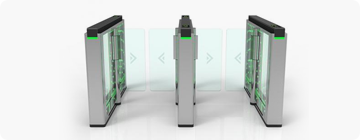
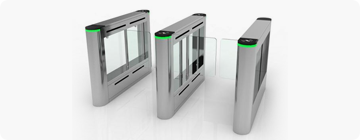


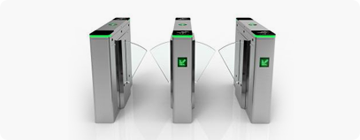
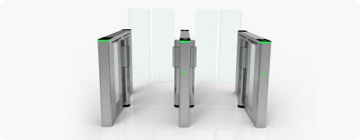
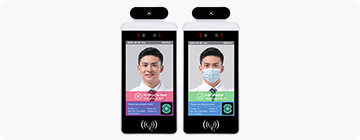

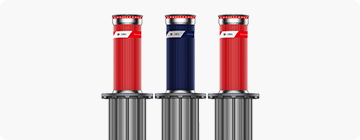








Guangdong Lide Intelligence Technology Co.ltd
Lide_Turnstile
Lide Turnstile Barrier Gate
Guangdong Lide Intelligence Technology Co., Ltd.